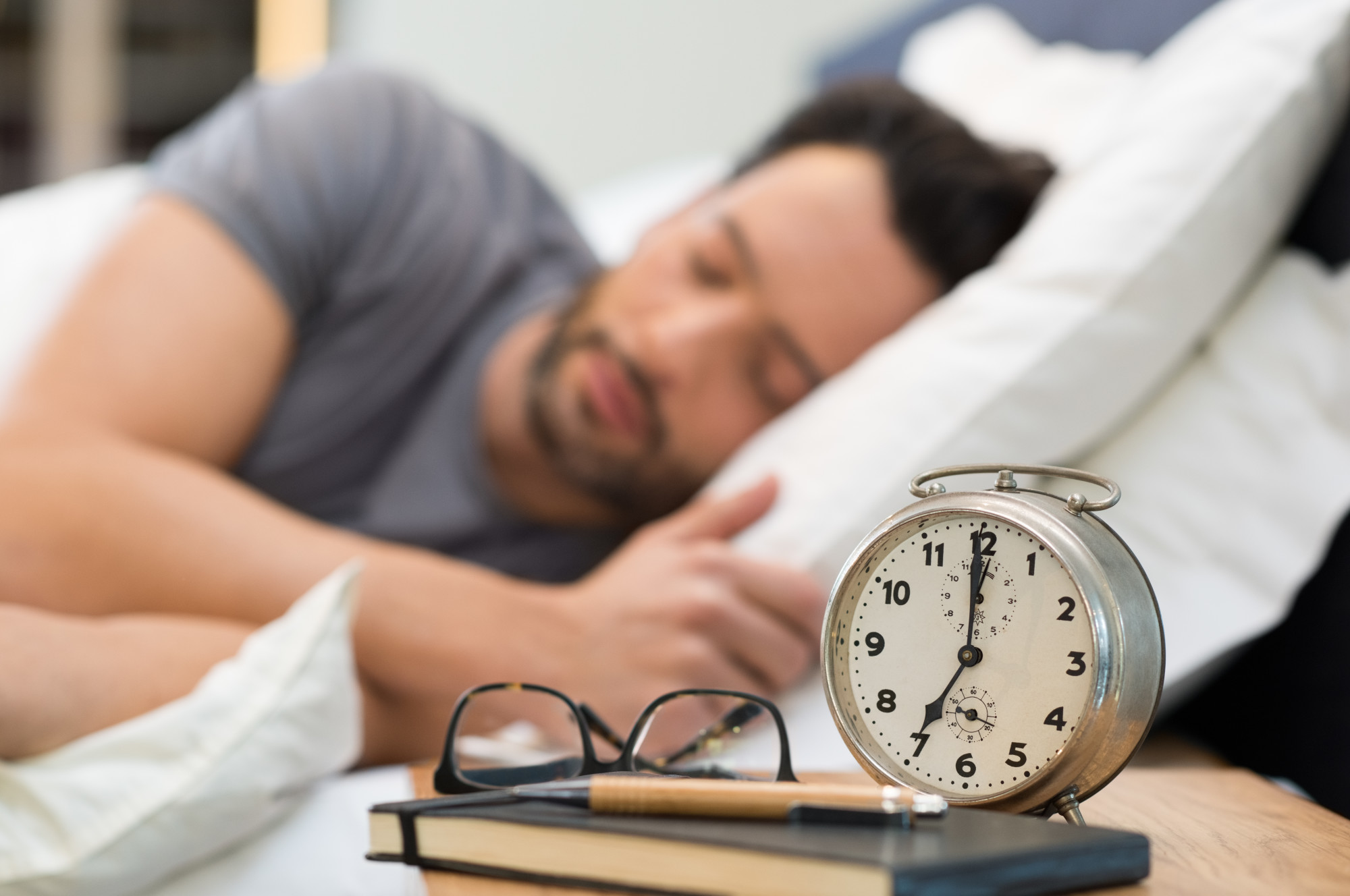Did you know that millions of people in the United States never receive a proper diagnosis for their sleep apnea? In order to receive such a diagnosis, patients are required to take part in an overnight sleep study.
And the costs for just one night aren’t cheap.
For these reasons, Americans struggle to know whether they’re just a loud snorer or if they actually have an underlying sleep disorder, like obstructive sleep apnea.
That’s why we’re here to inform you about the signs of sleep apnea. Our guide will answer your most Googled question, “What is sleep apnea?”, and dive into the symptoms you need to know about. Continue reading!
What Is Sleep Apnea?
Sleep apnea is a sleeping disorder that causes interruptions in your breathing while you’re in a deep slumber.
Even if you snore loudly or feel overwhelmingly tiresome after a seemingly good night’s sleep, you should consider learning more about sleep apnea. The disorder comes in three forms:
- Obstructive sleep apnea
- Central sleep apnea
- Complex sleep apnea syndrome
Keep in mind that obstructive and central sleep apnea share many symptoms, which can cause difficulty if you’re seeking a formal diagnosis. Luckily, new treatments for sleep apnea have recently been discovered!
Signs of Sleep Apnea
Between the three kinds of sleeping disorders, it’s difficult to narrow down sleep apnea symptoms.
The most common of the three is obstructive sleep apnea, so if you feel like you’re suffering, continue reading for the warning signs of sleep apnea.
1. Restless Sleeping
Do you often find yourself thrashing in your sheets and waking up in a pile of your bedding?
Unfortunately, this is a super common sign of sleep apnea – however, there are additional disorders that could be contributing to your sleep interference. These include:
- Insomnia
- Restless legs syndrome (RLS)
- Parasomnia
- Narcolepsy
- Hypersomnia
As you can see, these disorders can cause restless sleeping. But if you’re experiencing a night full of constant motion, consider talking to your doctor about sleep apnea.
2. Loud Snoring
Now, it’s quite common for people to snore very loudly. However, loud snoring when it comes to sleep apnea is a completely different story.
This specific disorder involves the throat muscles, which support your tonsils, uvula, throat walls, esophagus, and tongue. Simply stated, when your body is ready to sleep, these muscles relax and cause your airways to narrow.
In terms of obstructive sleep apnea, the airways could narrow too much, and your brain receives a signal saying your body can’t breathe. Then, you wake up from this signal so your airway reopens to its normal state.
If you or a sleeping partner notices a sudden, rapid change in your breathing patterns while you’re snoring, this could be a result of obstructive sleep apnea.
3. Excessive Daytime Sleepiness
If you are living in the dark about whether or not you have sleep apnea, excessive daytime sleepiness (EDS) is a medical condition caused by sleep apnea.
EDS happens as a result of your nightly awakenings. Since you are waking up so frequently during times meant for sleeping, your brain’s “awake” signals have the potential to change during the day.
While EDS is caused by sleep apnea, all kinds of people experience it. Whether they have a chronic loss of sleep or are taking medications, EDS has the chance to harm anyone.
Consult Your Doctor Today
If you are experiencing these telltale signs of sleep apnea, you should speak with your doctor. Living with an unknown disorder is scary. Seek the help you deserve!
If you’re snoring louder than usual, experiencing excessive daytime sleepiness, and waking up in a mess of your bedding, it’s time to reach out for help. Remember that you’re not alone.
Did you find this article helpful? Read more content like this on our website.
